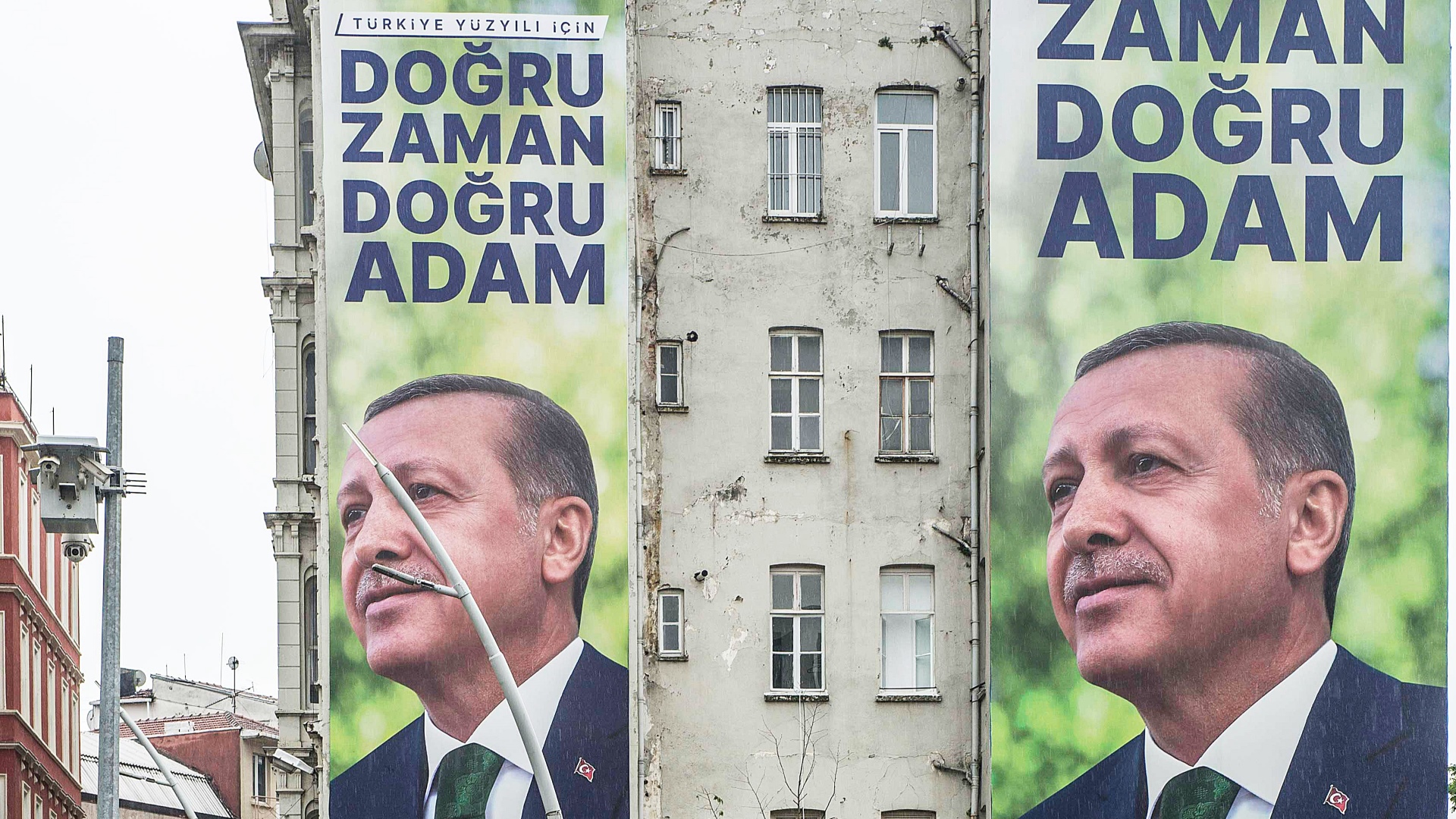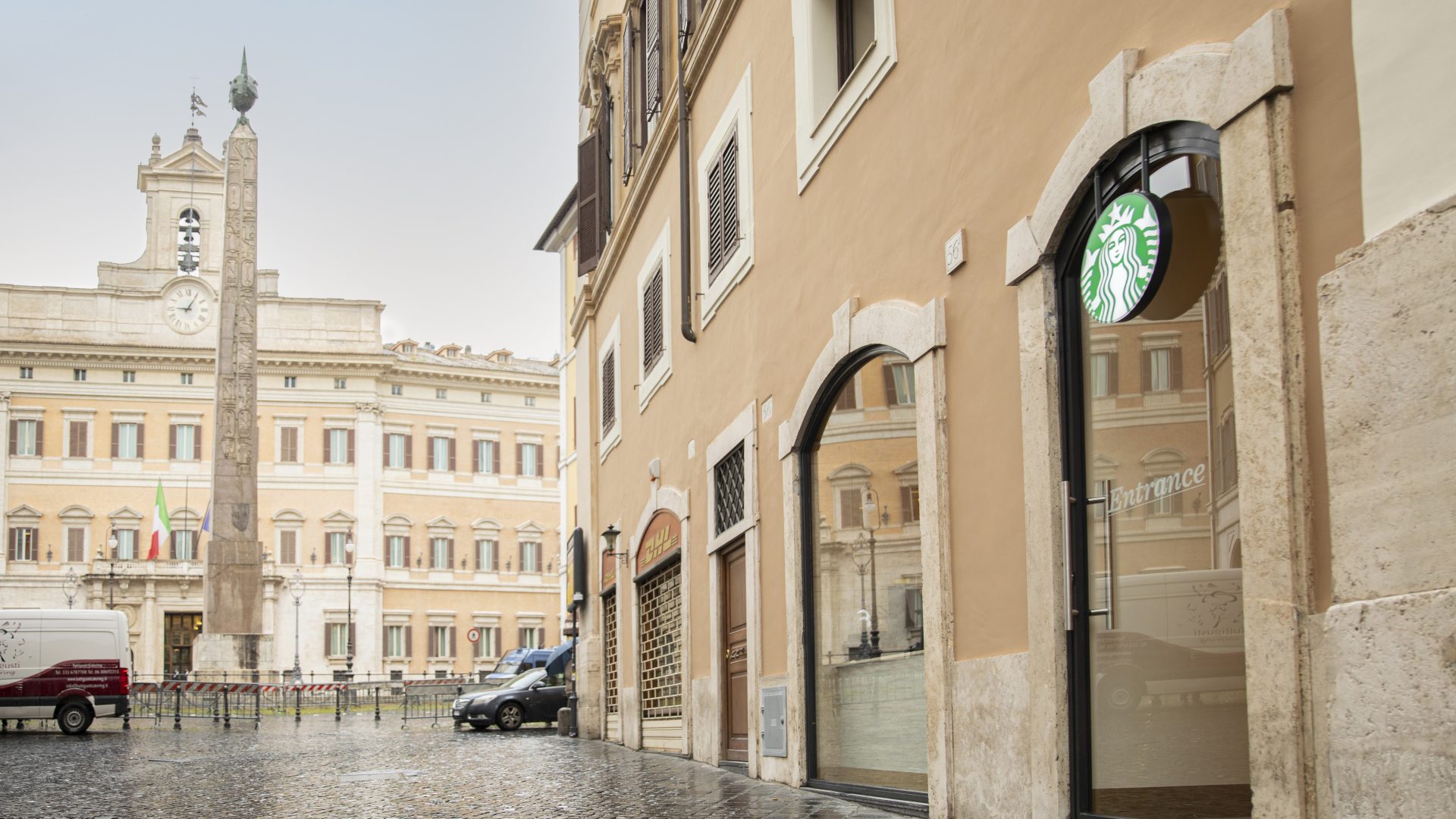Recep Tayyip Erdoğan has tanked the Turkish economy, trashed its democratic institutions, jailed political opponents, muzzled the press and presided over the catastrophic mishandling of February’s earthquake. Yet 49.5% of Turkey’s voters backed him in the first round of the presidential elections and, barring a major upset, he looks likely to win the second on May 28.
The outcome has flummoxed pollsters, who predicted an outright win for Kemal Kılıçdaroğlu, who leads a coalition of six opposition parties. Instead, he managed just under 45%, with the rest going to the far-right nationalist Ancestral Alliance.
Three factors contributed to Erdoğan’s survival. First, and provably, his outright manipulation of the media and the electoral system. The main democratic Kurdish Party, the HDP, remains effectively suppressed and its leader jailed. Much of its vote in south-east Turkey transferred to the Green Left Party, which backs, but is not part of, the opposition alliance.
Erdoğan’s AK Party received massively more coverage than its rivals both from the state media and pro-government private media groups, while Erdoğan ordered Twitter to block the accounts of key opposition politicians during the vote.
Second, it looks likely that votes in areas loyal to the secularist parties were undercounted. Opposition investigators found irregularities in over 7,000 ballot boxes they had access to, and have lodged objections to more than 2,000 of them with the courts.
Third, however, was the failure of the opposition coalition to gel around a united narrative. Its main force, Kılıçdaroğlu’s CHP, is a social-democratic party with roots in secular nationalism. Most of its allies are centre-right social conservatives, divided between strong-state secularists and Islamists who split with Erdoğan.
They could agree on the need for greater press freedom and strengthened democracy – and, above all, to end Erdoğan’s vice-like grip on state institutions – but they never managed to put forward a compelling or united narrative about the future. As a result, they were defeated in the parliamentary elections, and could not beat Erdoğan in the first round of the presidential race.
As we go into Sunday’s run-off, the polling – for what it’s worth – still shows a potential narrow victory for the opposition. But Erdoğan’s grip on the media, social media and electoral apparatus could easily, again, turn that into a narrow majority for himself.
The pattern is depressingly familiar for those who followed the attempt to dethrone Hungary’s Victor Orbán in April 2022. There, too, a coalition ranging from social democrats and liberals to former fascists failed in the face of a right-wing populist party, Fidesz, which has seized control of both public and private media, and runs the state as a patriarchal favour bank for compliant oligarchs.
If, as looks likely, Erdoğan scrapes victory in next Sunday’s run-off, there are general lessons that can be drawn about how to fight the new, populist authoritarianism.
First, once they have control of the state, right-wing populists are very hard to dislodge. It’s not just about repression, though the journalists and opposition politicians in Erdoğan’s jails show how effective that is. It’s about using a fatal mixture of media control, economic largesse and lies to whip up a truly popular movement.
Despite its terrible mishandling of the earthquake, the AK Party managed to mobilise its supporters in the old way: granular social pressure within religiously observant towns and villages beyond the big cities; fear of the left, and relentless lies about its alleged support for “terrorism” – which means Kurdish independence in Erdoğan’s lexicon. This ensured the AK heartlands not only stuck with their leader but turned out – contrary to the polling, which had picked up a softening of Erdoğan’s loyal vote.
Second, you need a narrative just as powerful and emotive as the Kool-Aid the authoritarians have been dispensing. I made this point here regarding Biden, who thinks he can stop a Trump 2.0 presidency on a narrative of economic competence.
Erdoğan is probably the most economically incompetent leader in the entire G20, which is a true achievement given the competition. The official rate of inflation is 55%. The value of the currency has fallen from 22 US cents to five cents over five years, because Erdoğan took control of the central bank to stop it imposing the interest rate rises that would have curbed inflation. In the meantime, he has doubled the basic pension and raised the minimum wage by 55%.
The economy, in short, is running on the fumes left in an empty petrol tank. People are spending their savings as fast as possible to avoid their value evaporating due to inflation, and withdrawing cash on their credit cards. But Erdoğan has given up any pretence at caring: last week, the central bank told commercial banks not to bother holding reserves to match the cash balances available on credit cards.
I have no doubt that, when the day of economic reckoning comes, Erdoğan will stage some huge distraction event – like a confrontation with Greece – and hold the rest of the west to ransom using its deal-making role in the Ukraine conflict.
And here’s the third lesson we have to learn: the current authoritarianism has mass support. It’s true in Brazil, it’s true in Hungary, and it will be a truth tested to the limits during the 2024 US election. Erdoğan, Trump and Orbán are no glitch; they are a feature of the modern system, where orthodox neoliberal economics continually fails to deliver, while truth-twisters like Erdoğan and Orbán actually do.
I hope Kilicdaroglu can pull off a narrow victory on Sunday. His party, the CHP, has proved a learning organism, responding to technological and social change more enthusiastically than many of Europe’s centre left. If he does, despite some dire compromises with anti-migrant sentiment in the fight for Ancestral Alliance votes, he deserves the moral and economic support from Europe’s democracies.




